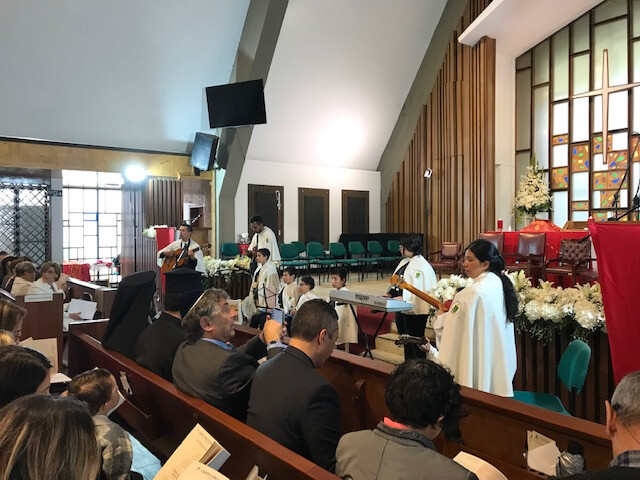In Praise of Mold: A parable

‘Earth to earth, ashes to ashes, dust to dust…’
‘Let them (all creatures) praise the Name of the Lord; for He commanded and they were created.’ Psalm 148:5
We put cayenne pepper around our plants so that its sharp taste would drive away the squirrels, which it did. But not the mold, a type of fungus, which enveloped and was in turn nourished by it. (Apparently the same is true for nuclear spillage).
Fungi have been beneath soil, making trees, and so all life, possible.
They count their patience in millions of years.
They do not fight. They take what they find.
They mobilize themselves cell by cell, forming the most vast organisms, though they lack any command central brain.
Pencillin, a mold, heals the sick. Enjoy your bread, beer, wine, cheese. Consider a drug to stop a bleed or another to treat depression. Now I am told they offer a way to break down our plastic waste…
We have our illusions of prevailing, for people, communities, but what if it looks like the mold in a pot on my porch?
(Stephanie has recently read ‘Entangled Life’, which i acknowledge as the source of my scant knowledge of the fungal world).







